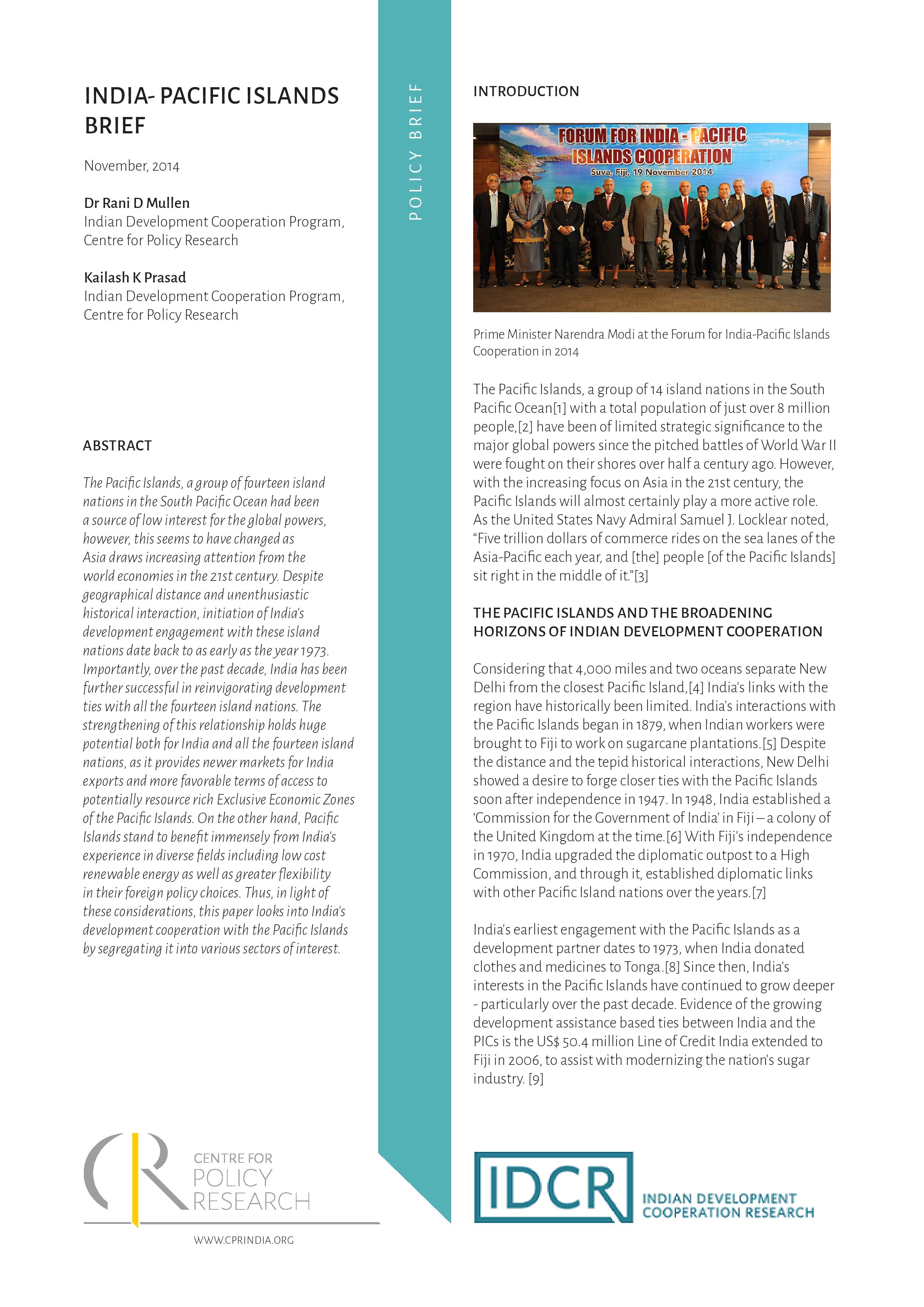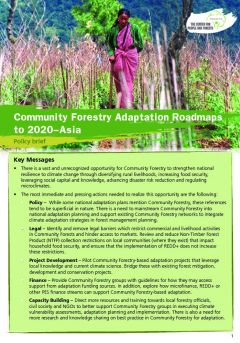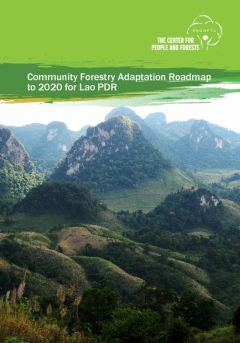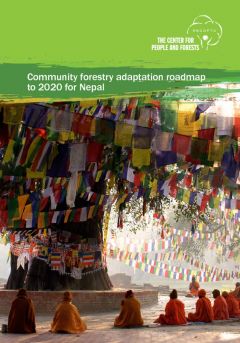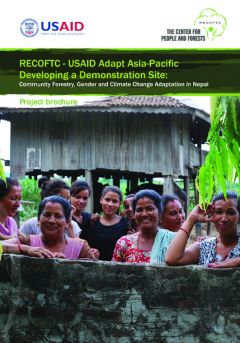The Land in Numbers: Livelihoods at a Tipping Point
Numbers can tell a compelling story. In this brochure, the numbers highlight how much we rely on productive land. Amongst other valuable services, land feeds our families, provides fresh water and powers our future ambitions. Much of the data collected here, however, demonstrate how close we are to pushing our relationship with the land to breaking point.

